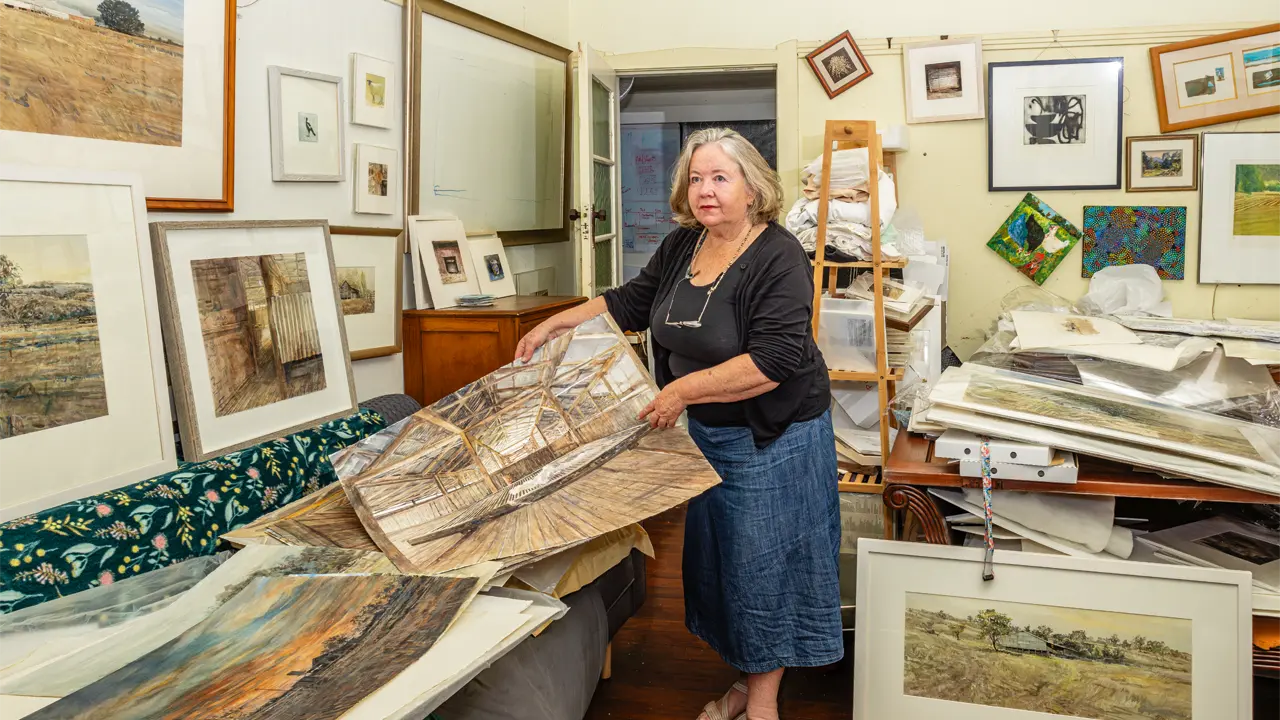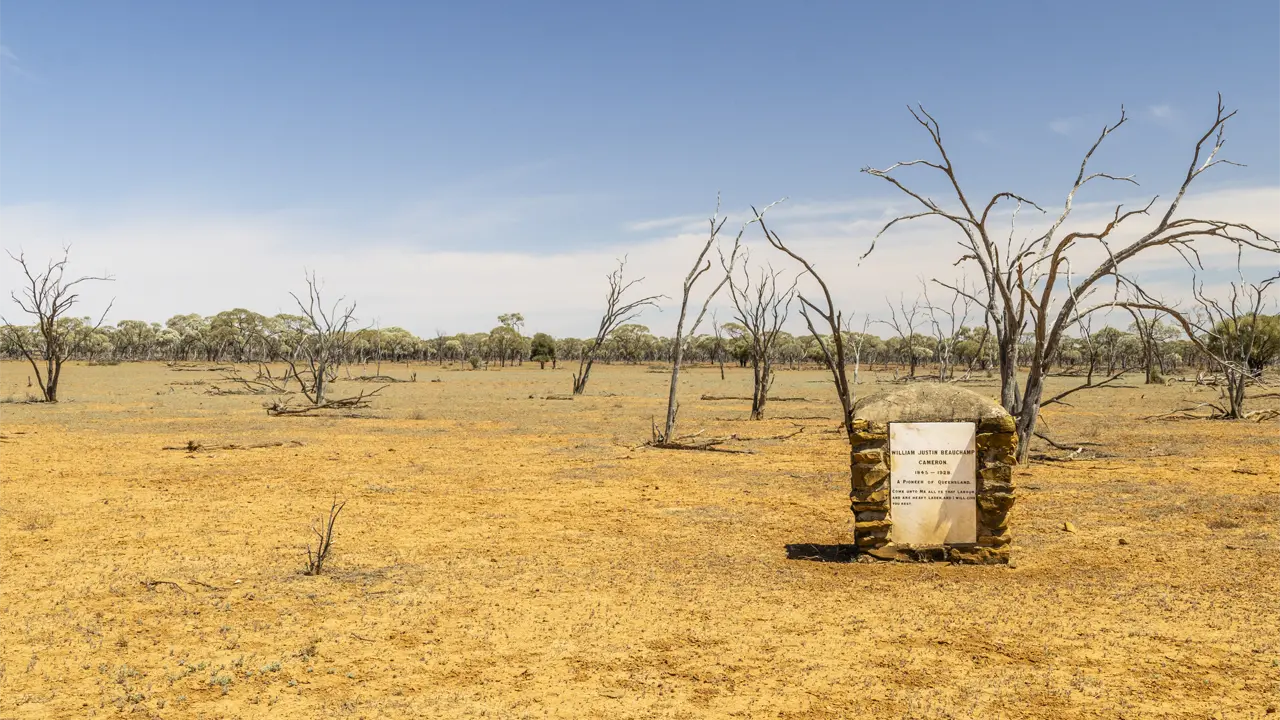Inspired by her time in Nepal, Kaye Wetherall’s mustard seed oil is not only delicious, it has some impressive health properties too.
Story and photos Freda Nicholls
Kaye Wetherall is a remarkable woman who, at 77 years of age, capably runs a tea-house and cold-pressed mustard seed oil company. With her clipped British accent and the magnificent wooden carvings and other handmade Nepalese artefacts that are throughout her homestead, it’s easy to see that this vibrant lady has had a truly extraordinary life.
Born and raised in Sydney, Kaye headed to England at age 21 and worked with the British Foreign Office. This led to a posting to Kathmandu as the secretary to the British ambassador to Nepal, which coincided with the Chinese invasion of Tibet. One of her main jobs was helping the refugees, including setting up an organisation to sell their handicrafts abroad. Kaye then met her future husband Micky, an engineer working for the British government and Mount Everest pioneer whose family had been in India for generations. Many happy years were spent in Nepal before Kaye and Micky retired to Australia in 1981, moving to four-hectare “Yandilla” in 1985.
Yandilla is located near Wallendbeen, NSW, an agricultural region renowned for its canola and wheat. It is also perfect for mustard, which is from the same Brassica plant family as canola. The mustard seed enterprise began when Micky couldn’t source mustard seed oil, a delicacy used for grand Nepalese occasions, in Australia. “We thought more about it and then Micky went to the CSIRO to find out about mustard seed oil in Australia,” Kaye says. “They were very, very interested as canola was just starting in this area.”
Kaye and Micky then approached local farmers about growing a crop for them. “Farmers were initially anxious about growing mustard as they had heard of mustard weed, which the CSIRO assured them was not the same plant,” Kaye says.
The CSIRO developed a high oil seed suitable for Australia and, in 1987, one young farmer, David Jacobs, grew the first 12-hectare crop for the Wetheralls using the 30 kilograms of seed developed by the CSIRO. This returned nearly 12 tonnes to the Yandilla silos for pressing. Local farmers now grow approximately 120 tonnes of mustard seed, though last year’s crop was the first complete failure due to the drought. Still, Kaye has been able to press an average of 20,000 litres of oil from stored seed,
using the cold-pressing machines Micky sourced from India. “We crushed our first oil on January 1, 1988, and our oil sales have increased every year since,” Kaye says proudly.
The milling is carried out in summer by local Graham Brown, with two different strengths of oils produced for the market: mild and pungent. The mild mustard seed oil has a nutty, subtle flavour and is not as hot or mustardy as the pungent oil, in which the clear mustard flavour is released into the oil by adding water in the cold-pressing process.
Mustard seed oil is great for cooking. It expands when heated so is very economical, and has a flashpoint of 210 degrees Celsius. It blends beautifully with all types of vinegar (used in equal amounts) to produce perfect salad dressings, and the milder version can easily replace butter or margarine in recipes.
The health properties are also impressive. The oil contains more than 30 percent linolenic acid (omega-6) and 15pc alpha-linolenic acid (omega-3), both recognised as important polyunsaturated fats. It also has 45pc oleic acid (monounsaturated fat), but only 5.5pc saturated fat (among the lowest in the world), and is cholesterol-free. Naturally occurring vitamin E acts as an anti-oxidant, so no preservatives are needed, and it is also high in beta-carotene (which the body converts to vitamin A). Nothing is added during production or bottling, and the by-product of the pressing process is pure mustard powder, which is also sold. “There is a definite movement towards healthier foods,” Kaye says. “People are sick of being poisoned by processed foods.”
Kaye sells her oils by mail order, through national and international distributors and has just had her export label accepted into Woolworths supermarkets. “We now have large export markets in the USA, Japan and New Zealand, and smaller ones in Korea and Malaysia,” she says. But Yandilla’s oil is not just limited to consumption. It is also used by a wood polish company based in Byron Bay, NSW, and as a penetrating grease-free massage oil.
Although Micky died 12 years ago, Kaye and son Vivian have worked hard to keep the business going. “As everything was running, my son and I decided to keep the business going,” Kaye says. “He lives and works in Sydney with his family, but helps with marketing.”
Kaye opened the tea-rooms at Yandilla three years ago, and uses mustard seed oil in all of the cooking, from cakes to Tibetan-inspired curries. Kaye has diversified further and now sells a range of chutneys, sauces, dressings and mustards that are made by a commercial kitchen to her own recipes. She also takes phone orders, chats with customers and organises the pressing and transport of oil for bottling with the energy and determination of someone half her age. “I put it all down to mustard seed oil,” she says with a smile.
This story excerpt is from Issue #52
Outback Magazine: April/May 2007








